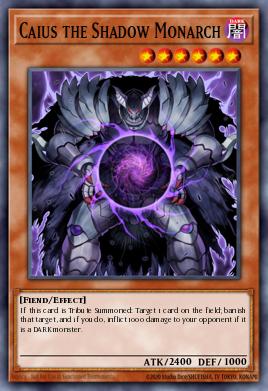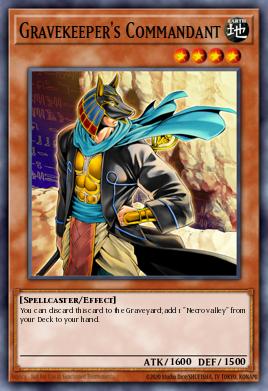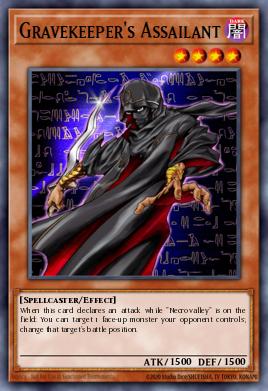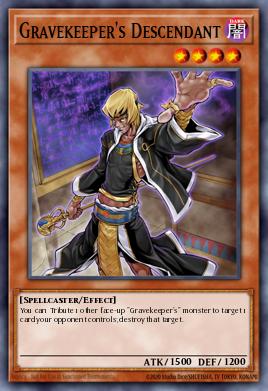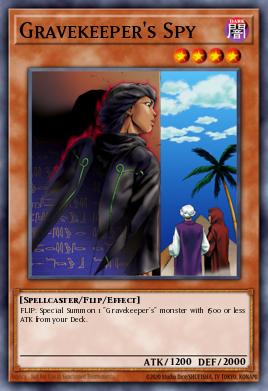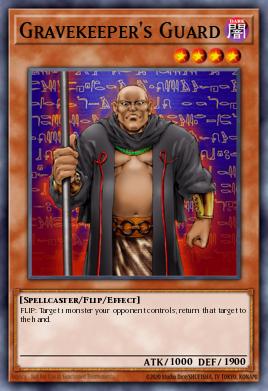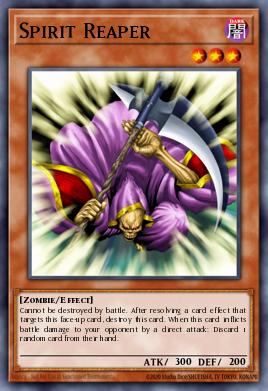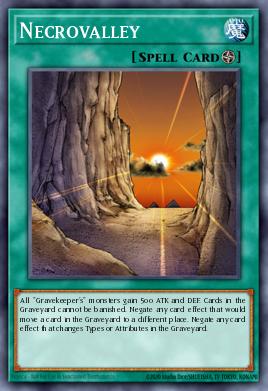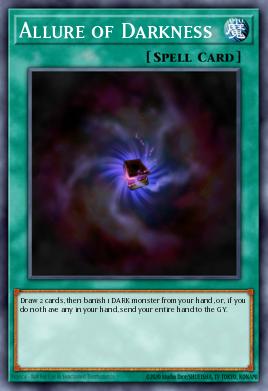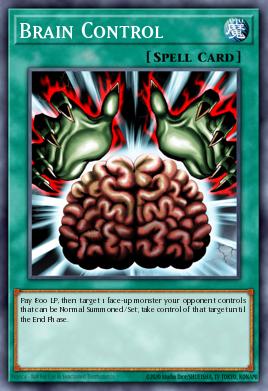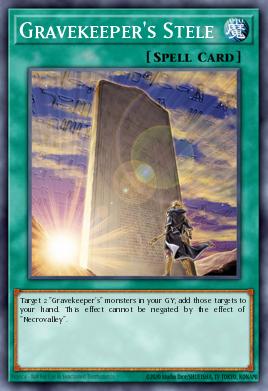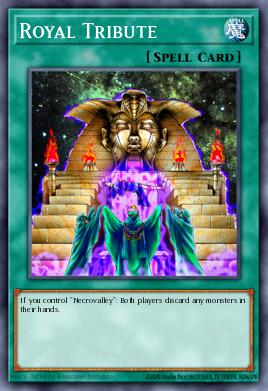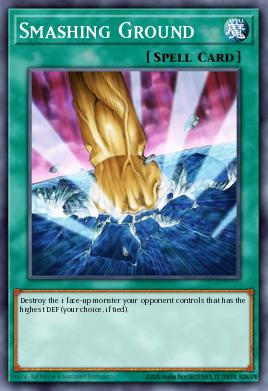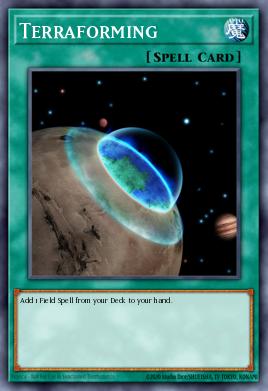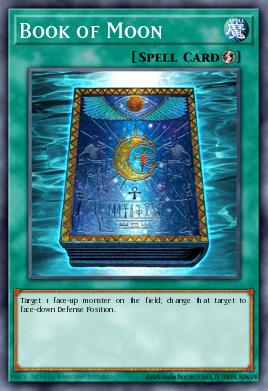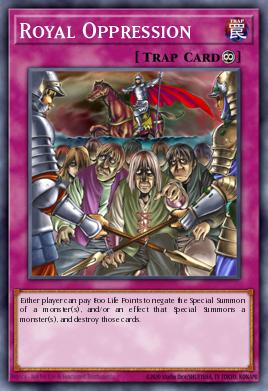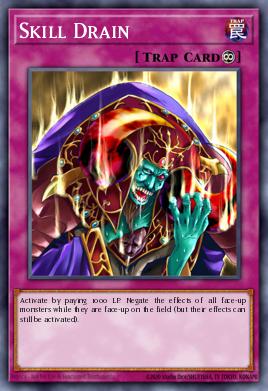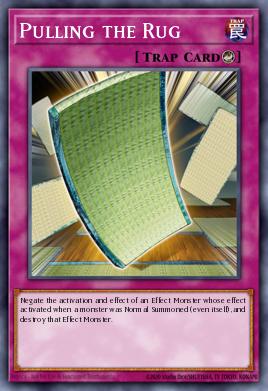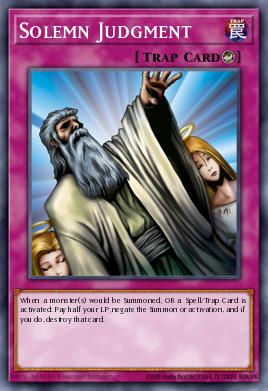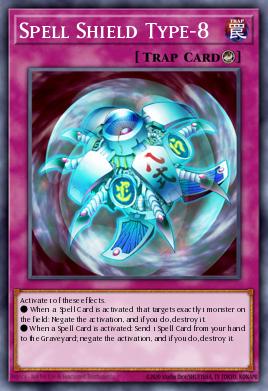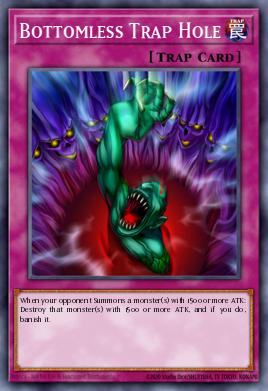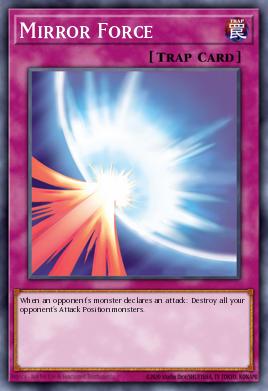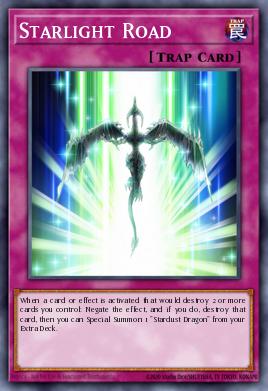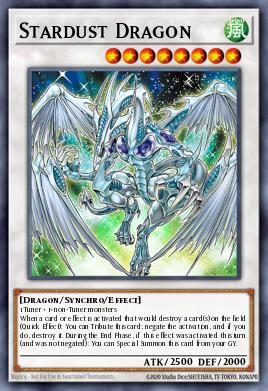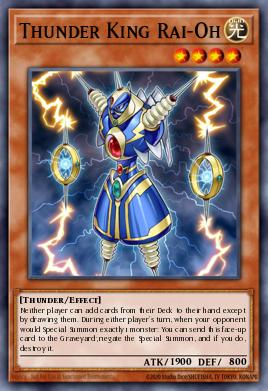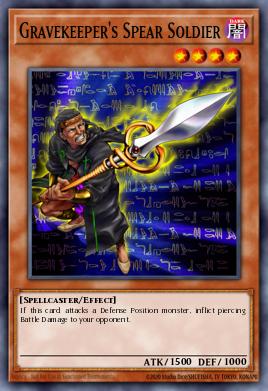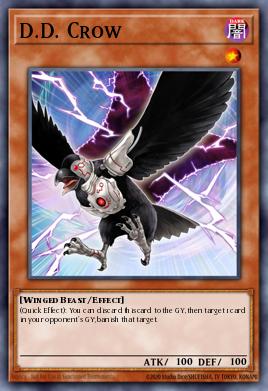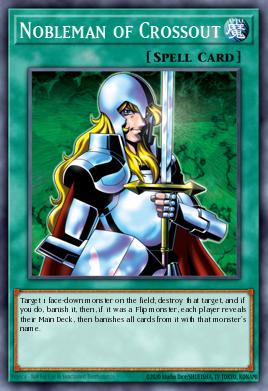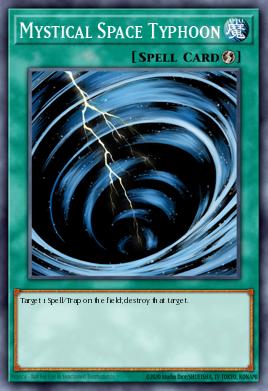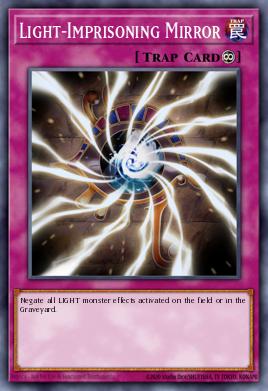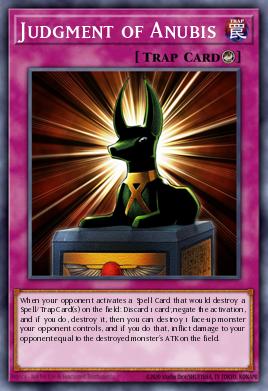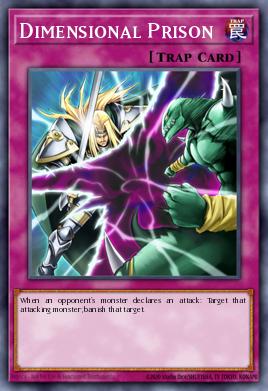....so yeah no one is gonna like you playing this. I've always been a fan of Gravekeepers since probably the GX days, they've just never carried a good reputation with them. Playing them in a combo-heavy format like Edison will cause some rage, especially with how busted Gravekeepers can be with the right setup.
For one, Necrovalley is extremely dangerous; even with the Edison rules meaning that it can be destroyed with a simple field spell it's still one of the most oppressive effects out there despite the confusing errata texts. Most meta/good Edison builds require Graveyard access to some degree and removing that shuts a lot of them down from the get-go while turning all of your monsters into either super dangerous beatsticks or annoying walls that can't be easily smashed through. Generally as a Gravekeeper player you want to keep it active as much as humanly possible, so we use numerous protections to do this; Starlight is a obvious one, but this can be played around, so Spell-Shield is used as a secondary alongside a copy of Judgment of Anubis to handle single-target destruction options to keep them guessing.
Royal Tribute WILL win you games from the first turn if you draw right. Seeing as Edison deck metas generally have a lot more focus on monsters than backrow activating a first turn Tribute generally means minimal loss of 2 cards, though for me I was getting 3/4 more often and even managed to completely wipe out a hand or two. It's not only free infomation on the opponent, it's just disgustingly uninteractable.
Other than that, this deck mostly plays like a usual Gravekeeper deck of the time, focused around field control and slower play. Generally you want to be in a position where your defence lets the opponent make mistakes and allows you to spring on them with horrible backrow negates and huge monster values. I guess what makes Gravekeepers so great is that you can play both offence and defence and the deck doesn't really suffer for it as a whole. With Commandment/Spy/Stele and Allure you also get a ton of consistency + recovery, being able to reliably get your critical pieces over and over.
Side-deck is based around whatever is being played, including some conventional counters, more consistency, or trying to deal with a specific style or combo. Nothing much else to say.
 Cool
0
Cool
0
 Funny
0
Funny
0
 Angry
0
Angry
0
 Sad
0
Sad
0

